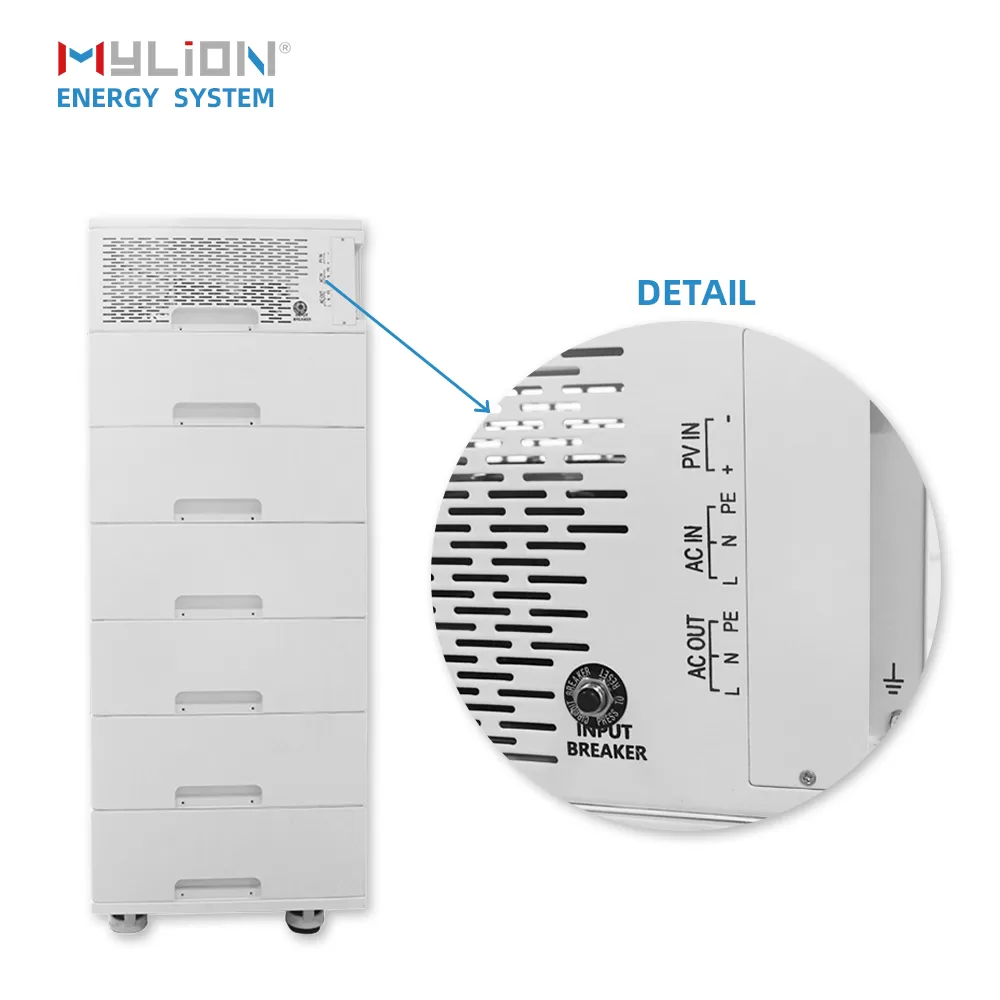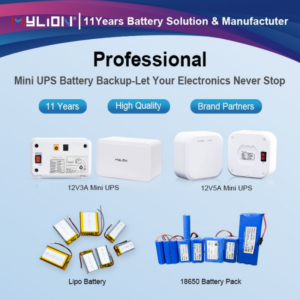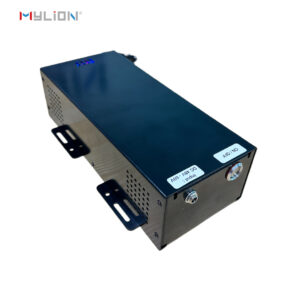Investigating Energy Efficiency
When it comes to harnessing the power of solar energy, one of the first steps you should take is investigating your home’s energy efficiency. By understanding how your home uses energy and implementing energy-saving measures, you can optimize the benefits of solar energy and reduce your overall electricity consumption.
To begin, consider conducting a home energy audit. This audit will help you identify areas where your home is losing energy and provide recommendations for improving its efficiency. You can hire a professional to perform the audit or use online resources to conduct a self-assessment. By identifying and addressing energy leaks, insulation issues, or outdated appliances, you can significantly reduce your energy usage before even installing solar panels.
Another area to explore is your appliances and electronics. By using them more efficiently or investing in highly efficient products, you can decrease your energy consumption. Look for Energy Star certified appliances and consider upgrading to LED light bulbs, which are not only energy-efficient but also have a longer lifespan.
Heating and cooling systems are major contributors to energy consumption in most homes. If you use electricity for heating and cooling, it’s crucial to ensure your home is properly weatherized and that your systems are running efficiently. By sealing air leaks, insulating your home, and maintaining your heating and cooling equipment, you can reduce the amount of electricity needed to keep your home comfortable.
It’s also important to consider the future when investigating your home’s energy efficiency. Take into account nearby shade trees and the potential for future shading as trees grow. If your roof is nearing the end of its lifespan, it may be wise to replace it before installing solar panels. Additionally, check for any neighborhood or homeowner association restrictions or approval requirements that may affect your ability to install solar panels.
By taking the time to investigate your home’s energy efficiency, you can make informed decisions about your solar energy system. Not only will you be able to maximize the benefits of energia solar, but you’ll also reduce your electricity costs and increase the value of your home. Remember, every step you take towards energy efficiency brings you closer to a more sustainable future powered by the sun.
Sources: – U.S. Department of Energy: Energy Efficiency – Energy Star: Energy Efficient Products – U.S. Department of Energy: Weatherization – U.S. Department of Energy: Solar Rights
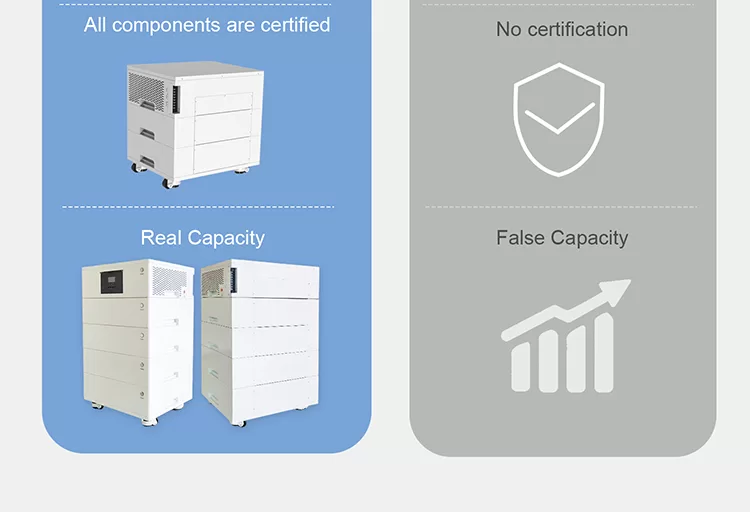
Assessing Solar Potential
When it comes to harnessing the power of energia solar, one of the most crucial steps is assessing the solar potential of your property. This assessment will help determine the feasibility and effectiveness of installing a solar energy system. While there are mapping services and tools available to provide an initial estimate of your home’s solar energy potential, it is essential to work directly with a solar installer for a more accurate assessment tailored to your specific needs.
During the assessment process, several factors need to be considered to determine the viability of solar energy for your property. These factors include:
Solar Resource: The amount of solar energy that can be produced at your address depends on the availability of sunlight. While PV technologies can utilize both direct and scattered sunlight, it is crucial to assess the solar resource specific to your location. Factors such as shading from nearby trees or buildings can impact the amount of sunlight reaching your property. Additionally, the size and orientation of your property will also influence the solar resource available.
Roof Condition: The condition and suitability of your roof for solar panel installation are essential considerations. Assessing the age of your roof and its expected lifespan is crucial, as installing solar panels typically requires a stable and durable surface. If your roof is nearing the end of its lifespan, it may be advisable to consider replacing it before installing solar panels.
Regulatory Considerations: Before proceeding with a solar energy system installation, it is important to research and understand any neighborhood or homeowner association (HOA) restrictions or approval requirements that may be in place. Some states have “solar rights provisions” that limit the ability of HOAs to restrict or limit solar installations. Familiarize yourself with your HOA covenants and state laws to ensure compliance and avoid any potential roadblocks.
Future Expansion: It is essential to consider any future plans that may impact your solar energy system. If you anticipate changes such as a home addition or the purchase of an electric vehicle, your electricity needs may increase. Conversely, if you are implementing energy efficiency measures that reduce your overall electricity consumption, your solar energy system size may need to be adjusted accordingly.
While these factors provide a starting point for assessing your solar potential, it is crucial to work with a qualified solar installer for a comprehensive evaluation. A solar installer will consider additional variables and provide detailed recommendations, estimates, and equipment expertise tailored to your specific circumstances.
By assessing your solar potential, you can determine the feasibility of installing a solar energy system and make an informed decision about harnessing the sun’s energy for a sustainable future. Remember, solar energy offers numerous benefits, including reduced electricity costs, increased property value, and a positive impact on the environment. Take the first step towards a greener future by assessing your solar potential today.
“The sun is a daily reminder that we too can rise again from the darkness, that we too can shine our own light.” – S. Ajna
Exploring Options for Using Solar Energy
When it comes to harnessing the power of solar energy, homeowners and businesses have a variety of options to choose from. Whether you want to purchase a solar energy system, participate in a community solar program, lease a system, or enter into a power purchase agreement (PPA), there is a solution that can meet your needs and budget.
Purchasing a Solar Energy System
Purchasing a solar energy system with cash or a loan is a great option for those who want to maximize the financial benefits of solar panels. By owning the system, you can take advantage of tax credits, increase the value of your home, and potentially sell excess electricity back to the grid. Additionally, you have the freedom to choose the equipment and maintenance plan that best suits your needs.
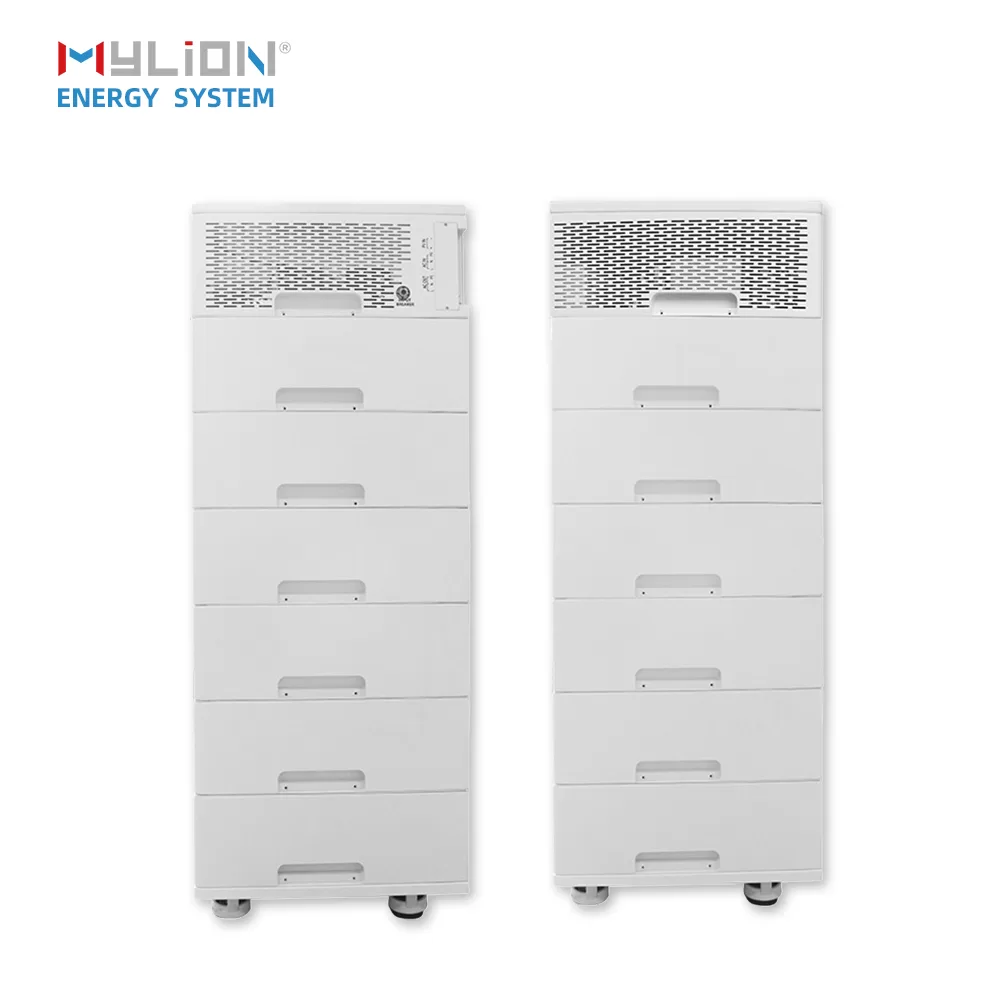
Community or Shared Solar
For those who are unable to install a solar system on their property, community or shared solar programs offer a viable solution. These programs allow a group of participants to pool their purchasing power and invest in a solar system that meets their needs. The system can be located on or off-site and may be owned by utilities, solar developers, non-profit entities, or multiple community members. This option is ideal for renters or individuals with limited roof space.
Solar Leases
If you prefer not to own a solar energy system, leasing can be a cost-effective alternative. With a solar lease, a third party owns the equipment, and you pay to lease it. This option often involves limited upfront costs and fixed monthly payments. The lease fees are typically lower than your original electricity bill, allowing you to save money while reducing your carbon footprint. However, it’s important to note that you won’t be eligible for certain tax benefits if you choose to lease a system.
Power Purchase Agreements (PPA)
Power purchase agreements (PPAs) offer another way to benefit from solar energy without the upfront costs of ownership. With a PPA, a solar company installs and maintains the system on your property, and you purchase the electricity generated by the system at a predetermined rate. This rate is often lower than the local utility’s retail rate, resulting in immediate savings on your electricity bill. PPAs are a popular choice for those who want to reduce their electricity costs and support renewable energy.
Solarize Programs
Solarize programs are an effective way for communities to adopt solar energy. These programs bring together a group of homeowners and businesses to negotiate reduced rates with a solar installer. By leveraging the power of bulk purchasing, participants can enjoy lower installation costs and simplified processes. Solarize programs are an excellent option for those who want to purchase a solar energy system, take advantage of tax credits, and increase the value of their property.
When exploring options for using solar energy, it’s important to consider your specific needs, financial situation, and long-term goals. Consulting with a reputable solar installer can help you navigate the various options available and make an informed decision. By harnessing the power of the sun, you can reduce your carbon footprint, save money on electricity costs, and contribute to a more sustainable future.
Estimating Solar Electricity Needs
When it comes to harnessing the power of solar energy, it is crucial to accurately estimate your electricity needs. This will ensure that your solar energy system is designed to meet your specific requirements and provide you with the maximum benefits. Here are some key factors to consider when estimating your solar electricity needs:
Review Your Electricity Bills: Start by reviewing your past electricity bills to determine your average monthly and annual electricity consumption. Look for any patterns or fluctuations in your energy usage throughout the year. This will give you a baseline to work with when sizing your solar energy system.
Consider Planned Changes: If you have any planned changes in your energy needs, such as purchasing an electric vehicle or adding new appliances, make sure to factor these into your estimation. These changes will increase your electricity consumption and may require a larger solar energy system.
Evaluate Your Energy Efficiency: Before estimating your solar electricity needs, it is important to ensure that your home is energy efficient. Take steps to improve the energy efficiency of your home by implementing energy-saving measures such as insulation, weatherstripping, and energy-efficient appliances. This will help reduce your overall electricity consumption and allow you to install a smaller solar energy system.
Consult with a Solar Installer: To accurately estimate your solar electricity needs, it is recommended to consult with a professional solar installer. They will assess your energy usage, evaluate your home’s solar potential, and provide you with a detailed analysis of the system size and configuration that will best meet your needs.
Consider Future Energy Needs: When estimating your solar electricity needs, it is important to consider any future changes or expansions in your energy consumption. For example, if you are planning to add a home addition or increase your energy-intensive activities, you may need to size your solar energy system accordingly.
Remember, estimating your solar electricity needs is a crucial step in the process of going solar. By accurately assessing your energy requirements, you can ensure that your solar energy system is designed to meet your needs and provide you with the maximum financial and environmental benefits. Consult with a professional solar installer to get a comprehensive analysis and recommendation for your specific situation.
In conclusion, estimating your solar electricity needs involves reviewing your electricity bills, considering planned changes, evaluating your energy efficiency, consulting with a solar installer, and considering future energy needs. By taking these factors into account, you can ensure that your solar energy system is properly sized and configured to meet your specific requirements. Going solar is a smart and sustainable choice, and accurate estimation of your electricity needs is a crucial step towards a clean energy future.
Obtaining Bids and Site Assessments from Solar Installers
When it comes to installing a solar energy system for your home, finding the right solar installer is crucial. Obtaining bids and site assessments from reputable solar installers will ensure that you get the best system for your specific needs. Here are some important steps to follow when obtaining bids and site assessments:
Research and Shortlist Solar Installers: Start by researching local solar installers in your area. Look for companies with a proven track record and positive customer reviews. Shortlist a few installers that you feel confident about and contact them to request bids.
Schedule Site Assessments: Once you have selected a few installers, schedule site assessments with each of them. During a site assessment, the installer will visit your property to evaluate its solar potential. They will assess factors such as roof orientation, shading, and available space to determine the best location for your solar panels.
Ask Questions: During the site assessment, don’t hesitate to ask the installer any questions you may have. Inquire about their experience, certifications, and warranties. Ask for references from previous customers in your area to get a better understanding of their work quality and customer satisfaction.
Compare Bids: After the site assessments, the installers will provide you with bids for the solar energy system. Take the time to carefully review and compare each bid. Look for details such as the type and size of the solar panels, the inverter technology, and any additional equipment or services included.
Consider Financing Options: If the cost of the solar energy system is a concern, explore financing options offered by the installers. Many companies offer financing plans that can make the upfront cost more manageable. Be sure to understand the terms and conditions of any financing agreement before making a decision.
Evaluate the Total Cost: When comparing bids, it’s essential to consider the total cost of the solar energy system, including installation, permits, and any additional fees. Look for any hidden costs or ongoing maintenance expenses that may not be included in the initial bid.
Review Contracts and Warranties: Before making a final decision, carefully review the contracts and warranties provided by the installers. Ensure that you understand the terms and conditions, including the length of the warranty and what it covers. A reputable installer will offer warranties on both the equipment and the installation.
By following these steps, you can obtain accurate bids and site assessments from solar installers, allowing you to make an informed decision about your solar energy system. Remember to choose an installer that you feel comfortable working with and that provides excellent customer service. With the right installer, you can enjoy the benefits of solar energy and contribute to a more sustainable future.

Understanding Available Financing and Incentives
When it comes to transitioning to energia solar, understanding the available financing options and incentives is crucial. Fortunately, there are several options to help make the switch to solar more affordable and accessible for homeowners and businesses alike.
One of the most significant incentives available is the federal investment tax credit (ITC). Currently, solar PV systems installed in 2020 and 2021 are eligible for a 26% tax credit. In August 2022, Congress passed an extension of the ITC, raising it to 30% for installations between 2022 and 2032. This tax credit decreases to 26% for systems installed in 2033 and 22% for systems installed in 2034. After 2035, the tax credit will expire unless renewed by Congress. This tax credit can significantly reduce the upfront cost of installing a solar energy system and make it more financially feasible for many homeowners and businesses.
In addition to the federal tax credit, many states and local governments offer their own incentives for solar energy installations. These incentives can include grants, rebates, or tax credits specific to the state or local area. The Database of State Incentives for Renewables and Efficiency (DSIRE) is an excellent resource for finding information on state and local incentives available in your area.
When it comes to financing options, there are several routes to consider. If you have the upfront capital, purchasing a solar energy system outright can provide the most significant financial benefits. By owning the system, you can take advantage of the tax credits, increase the market value of your home or business, and potentially sell excess electricity back to the grid.
For those who don’t have the upfront capital or prefer not to purchase a system, leasing or power purchase agreements (PPAs) are viable options. With a solar lease, you can use the power produced by the system without owning the equipment. Instead, you pay a monthly fee to lease the equipment, often at a lower cost than your original electricity bill. PPAs work similarly, with a developer owning the system and selling the electricity generated to you at a set price per kilowatt-hour. Both leasing and PPAs allow you to benefit from solar energy without the upfront costs or maintenance responsibilities.
Another option to consider is community or shared solar programs. These programs allow a group of participants to pool their purchasing power and invest in a solar system together. The system can be on or off-site and may be owned by utilities, solar developers, non-profit entities, or multiple community members. Community solar is an excellent option for those who are unable to install solar at their own property, such as renters or homeowners with inadequate roof space.
It’s important to research and compare the financing options and incentives available in your area. Each situation is unique, and what works best for one person may not be the right fit for another. Consulting with a solar installer or a solar energy expert can help you navigate the available options and determine the best financing and incentive programs for your specific needs.
By taking advantage of the available financing options and incentives, you can make the switch to solar energy more affordable and accessible. Whether you choose to purchase a system, lease, or participate in a community solar program, going solar can help you reduce your electricity costs, increase the value of your property, and contribute to a more sustainable future.
Working with Your Installer and Utility
When it comes to installing a solar energy system, working with a professional installer and your local utility company is crucial. These experts will guide you through the process and ensure that your system is installed correctly and efficiently. Here are some important factors to consider when working with your installer and utility:
Choosing a reputable installer: It’s essential to work with a qualified and experienced solar installer who is familiar with local permitting and interconnection processes. They will ensure that your system is installed and connected promptly. Ask for references from other customers in your area to learn about their experiences and how the company resolved any challenges they faced.
Licensing and certification: Verify that the installer you choose is properly licensed or certified. PV systems should be installed by an appropriately licensed installer, and your state electrical board can provide information on a contractor’s license. Additionally, check if the installer has any pending or active judgments or liens against them. The Better Business Bureau is a valuable resource for gathering information about a company’s reputation.
System warranty and maintenance: Inquire about the warranty for your solar energy system and who will be responsible for its operation and maintenance. Most solar equipment comes with an industry-standard warranty, but it’s important to establish who will handle any necessary repairs or maintenance. If you opt for a lease or power purchase agreement, the installer will typically provide system maintenance.
Permits and interconnection: Your installer should be familiar with local permitting and interconnection processes. Obtaining building permits and receiving permission to interconnect can be time-consuming, so it’s crucial to work with an installer who understands these local processes. This ensures that your system is installed and connected efficiently.
Utility coordination: Your installer will work closely with your local utility company to ensure a smooth connection to the grid. They will submit the necessary documents and obtain an interconnection permit. It’s important to understand how billing and net metering will work and to be aware of any additional utility fees you may need to pay.
Working with your installer and utility company is a collaborative effort to ensure the successful installation and operation of your solar energy system. By choosing a reputable installer, verifying licensing and certification, and understanding the warranty and maintenance responsibilities, you can have peace of mind knowing that your system will be installed correctly and maintained properly. Additionally, coordinating with your utility company will ensure a seamless connection to the grid and a smooth transition to solar energy.
Conclusão
In conclusion, harnessing the power of solar energy is a smart and sustainable choice for homeowners and businesses. By investigating energy efficiency, assessing solar potential, exploring options for using solar energy, estimating solar electricity needs, obtaining bids and site assessments from solar installers, understanding available financing and incentives, and working with your installer and utility, you can make a successful transition to solar energy.
Investigating your home’s energy efficiency is the first step towards optimizing the benefits of solar energy. Conducting a home energy audit and implementing energy-saving measures can significantly reduce your energy consumption before installing solar panels. Upgrading to energy-efficient appliances, improving insulation, and maintaining your heating and cooling systems are essential for reducing electricity usage and maximizing the efficiency of your solar energy system.
Assessing the solar potential of your property is crucial to determine the feasibility of installing a solar energy system. Factors such as solar resource, roof condition, regulatory considerations, and future expansion plans need to be considered. Working with a qualified solar installer will provide you with a comprehensive evaluation and tailored recommendations for your specific circumstances.
When it comes to using solar energy, there are various options to choose from. Purchasing a solar energy system allows you to maximize the financial benefits and increase the value of your home. Community or shared solar programs are ideal for those who cannot install a system on their property. Leasing and power purchase agreements offer cost-effective alternatives for those who prefer not to own a system.
Estimating your solar electricity needs is crucial for designing a system that meets your specific requirements. Reviewing your electricity bills, considering planned changes, evaluating energy efficiency, and consulting with a solar installer will ensure accurate estimation and maximum benefits from your solar energy system.
Obtaining bids and site assessments from reputable solar installers is essential for selecting the right system. Researching and shortlisting installers, scheduling site assessments, asking questions, comparing bids, considering financing options, and reviewing contracts and warranties will help you make an informed decision.
Understanding available financing options and incentives is crucial for making the switch to solar energy more affordable. The federal investment tax credit, state and local incentives, and financing options such as purchasing, leasing, and participating in community solar programs provide opportunities to reduce upfront costs and save money in the long run.
Working with a professional installer and your local utility company ensures a smooth and successful installation process. Choosing a reputable installer, verifying licensing and certification, understanding warranties and maintenance responsibilities, and coordinating with your utility company will ensure a seamless connection to the grid and a smooth transition to solar energy.
By following these steps and making informed decisions, you can harness the power of solar energy and contribute to a more sustainable future. Solar energy offers numerous benefits, including reduced electricity costs, increased property value, and a positive impact on the environment. Take the first step towards a greener future by embracing solar energy today.
Remember, every action you take towards solar energy brings us closer to a brighter, cleaner, and more sustainable future. Let the sun’s energy power your journey towards a better tomorrow.

